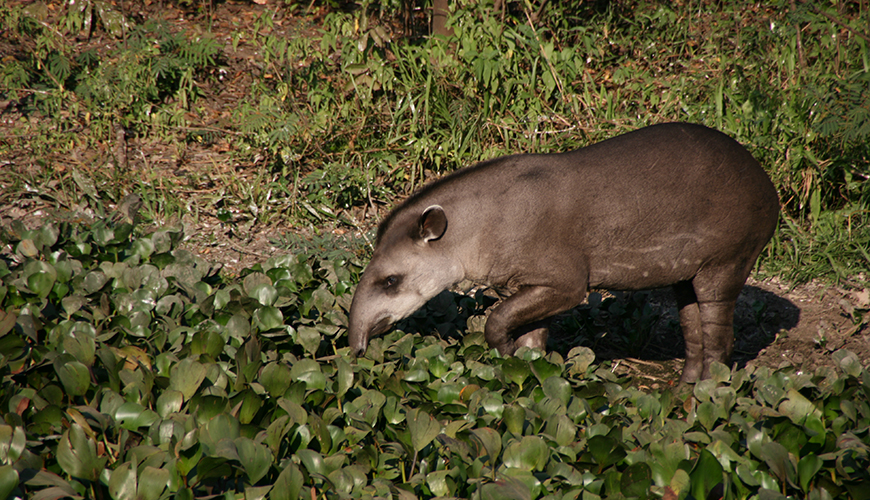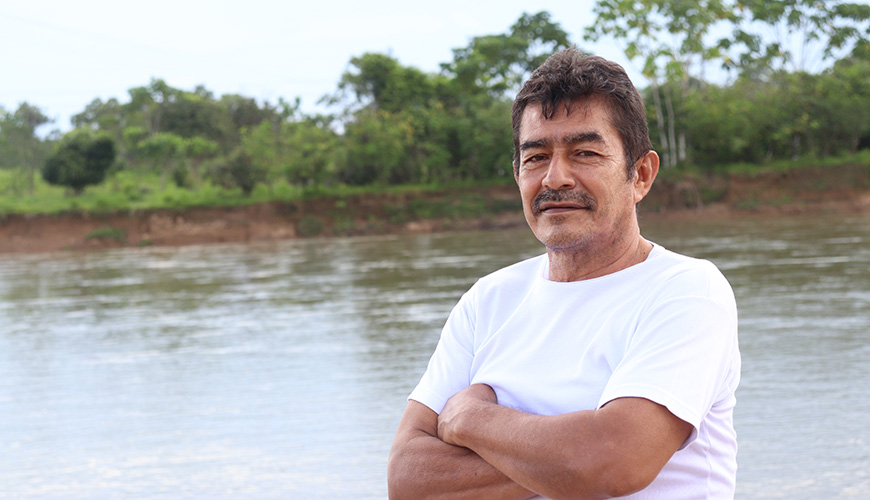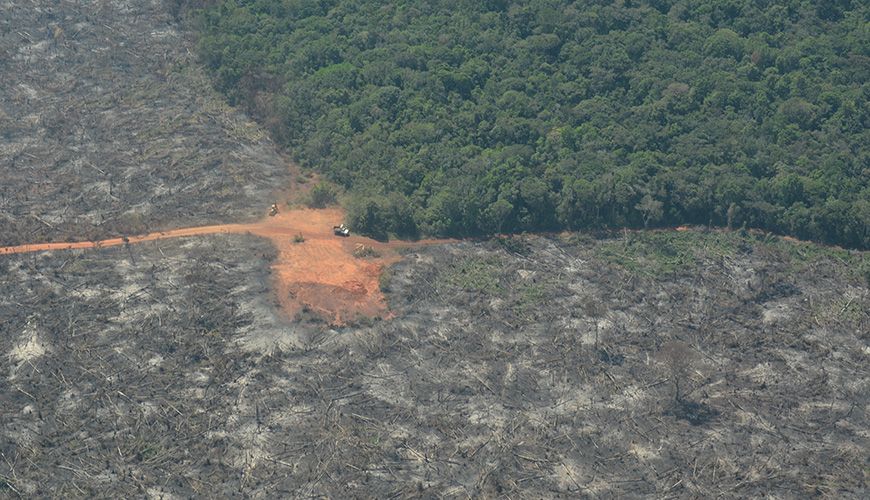By Rev. Pastor William Porras, coordinator IRI-San José del Guaviare
A few days before the start of the deliberations of COP 16, the Conference of the States Parties to the Convention on Biological Diversity, the international expectation is palpable. This treaty, ratified so far by 196 countries, represents a collective commitment to implement key strategies to ensure the conservation of global biodiversity. Its objectives include the creation of protected areas, the conservation and restoration of degraded ecosystems, the protection of endangered species, and the recognition and respect of the traditional knowledge of indigenous and local communities.
The signatory countries have set out an ambitious vision: to build a world that, in the next 25 years, lives in harmony with nature, stopping the extinction of species and promoting the sustainable use of biological resources. This commitment resonates in a global context where biodiversity loss and the climate crisis are intertwined, and where decisions made today will impact future generations.

What is biodiversity and why is it urgent to preserve it?
Biodiversity, or biological diversity, encompasses the variety of life forms on Earth: from plants and animals, to microorganisms and fungi. But biodiversity doesn’t just refer to the diversity of species, but also to the genetic variability within each species, the variety of ecosystems, and the ecological processes that sustain life on our planet.
This concept is fundamental for the balance of the planet and human well-being. Biodiversity provides essential services: crop pollination, climate regulation, water purification, and the formation of fertile soils. It also ensures food security through a vast variety of cultivated and wild species. In addition, many medicines we use today come from compounds found in plants and other organisms, highlighting the importance of preserving this biological richness.
Diverse ecosystems are also more resilient to environmental changes, which is crucial in a world increasingly affected by climate change. In addition, biodiversity has a spiritual and cultural value, deeply rooted in various religious traditions and beliefs. Religions often see nature as a manifestation of the divine, and indigenous peoples have maintained an intimate connection to the natural world, developing a deep understanding of the properties of plants, animals, and ecosystems. This traditional knowledge, which is transmitted from generation to generation, is essential for the conservation of biodiversity.
In fact, legally recognized indigenous lands have deforestation rates two to three times lower than similar unregistered areas. Indigenous peoples play an essential role in the sustainable management of tropical forests, contributing significantly, though often unrecognized, to climate change mitigation.

The threat of deforestation
However, biodiversity is seriously threatened by deforestation, which destroys vast ecosystems, fragments forests and disrupts ecological corridors necessary for the survival of many species. Habitat loss accelerates the extinction of vulnerable species and affects essential crops that depend on pollination by insects such as bees.
Colombia, host of COP 16, faces the challenge and the opportunity to lead by example. This country, one of the most biodiverse in the world, has a global responsibility to protect its biological wealth. The interconnection between biodiversity, climate change and sustainable development cannot be ignored. Deforestation, which threatens these three pillars, must be stopped.
For global biodiversity goals to be achievable, it is imperative that Colombia and the rest of the international community take decisive action to halt forest destruction and habitat loss. The Colombian government has a responsibility to include ambitious strategies and concrete targets to halt deforestation in its new national biodiversity protection plan. In this context, the protection and restoration of Amazonian biomes must be emblematic objectives of such a plan, sending a clear message: biodiversity cannot be protected without combating deforestation.
COP 16 represents a historic opportunity for ratifying countries to act with urgency, coherence and commitment. Only through collective and determined actions can we ensure a future where nature and humanity coexist in balance.
Follow COP16 on its official website.



